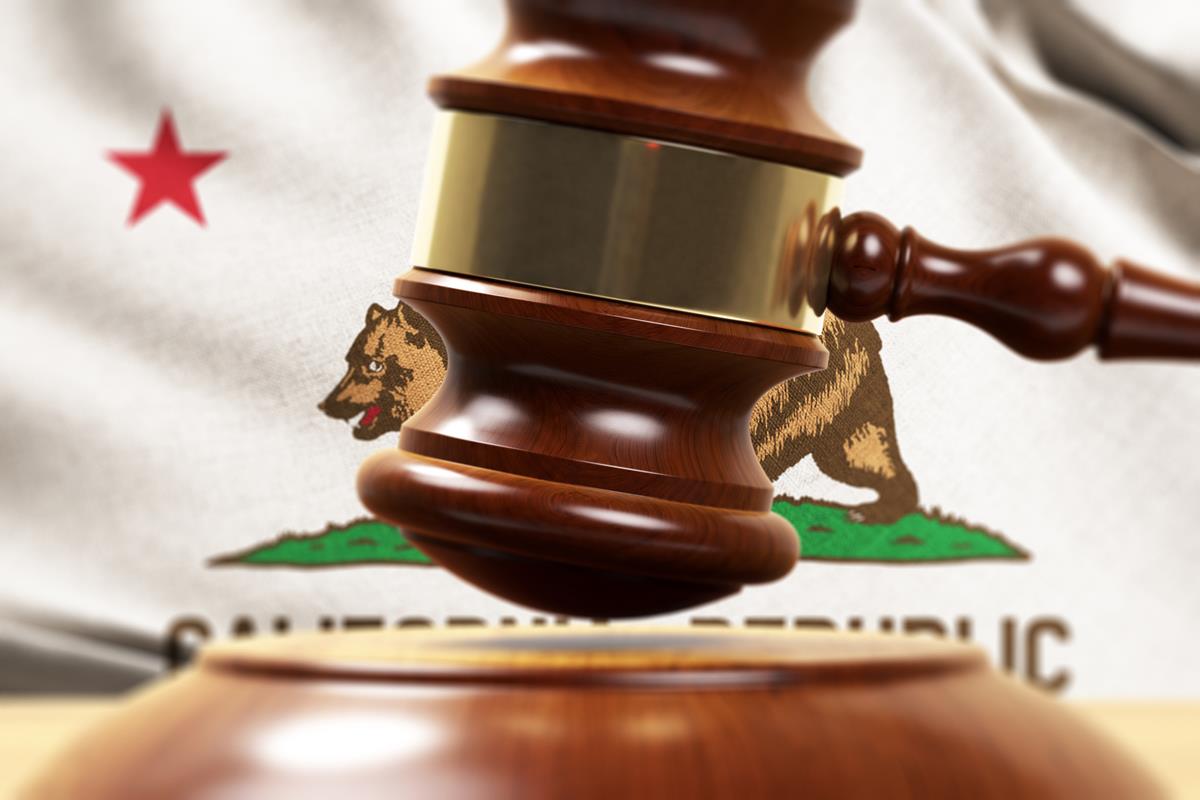California’s Private Attorneys General Act: A Primer
Posted on: December 11, 2020
In: Labor & Employment

By: Lewis Brisbois' Labor & Employment Team
In recent years, lawsuits involving claims under California’s Private Attorneys General Act (PAGA) have become increasingly popular. Although PAGA is detailed and each case requires an in-depth review by an attorney, this article will provide a brief explanation of the Act.
Who is PAGA for?
PAGA authorizes aggrieved employees to act as agents for California’s Labor and Workforce Development Agency (LWDA) to enforce Labor Code violations. The Act allows the aggrieved employees to file lawsuits to recover civil penalties on behalf of themselves (the named plaintiff(s)), other aggrieved employees, and the State of California. Once penalties are collected, the aggrieved employees receive 25 percent of the penalties, while 75 percent of the recovery is awarded to the state.
What claims can be brought under PAGA?
A PAGA action cannot stand alone, meaning it must be predicated on a specific California Labor Code subsection listed under section 2699.5, such as those for meal and rest break violations. Prior to filing a lawsuit containing a PAGA claim, the plaintiffs must exhaust their administrative remedies through the LWDA. This process begins with the worker providing written notice to the LWDA “of the specific provisions of [the Labor Code] alleged to have been violated, including the facts and theories to support the alleged violation.” In addition, a copy of the notice is also sent to the employer via certified mail. It is important to closely review a PAGA notice once received to ensure it alleges the applicable sections denoted in California Labor Code Section 2699.5; otherwise, it may not be compliant.
Civil penalties under PAGA
Civil penalties under PAGA can accumulate quickly when multiplied by the number of violations and the number of aggrieved employees. For instance, wage and hour penalties are set at $100 per employee for every pay period for the first violation, and $200 for each violation thereafter. The best practice upon receipt of a PAGA notice is to immediately contact your employment attorney to discuss the matter.
For more information on PAGA claims, contact the author of this post or visit our Labor & Employment Practice page to find an attorney in your area.
